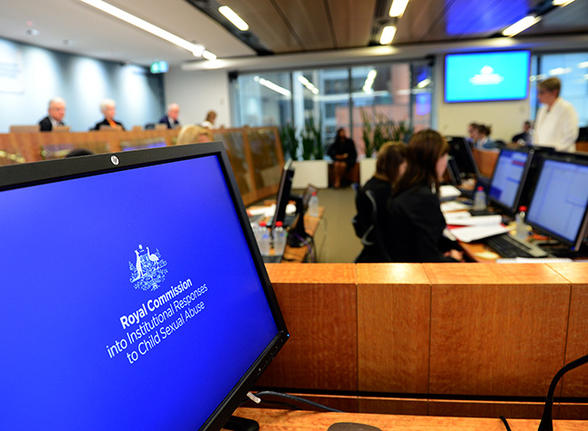The winding-up of the Royal Commission into Institutional Responses to Child Sexual Abuse provides an unprecedented opportunity for Governments across Australia to rise to the challenge posed by childhood trauma, according to a consensus statement released (today) by Australia’s mental health commissions.
The statement, endorsed by the National Mental Health Commission, and the Mental Health Commissions of NSW, Queensland, South Australia and Western Australia, identifies nine ‘essential elements’ to be addressed by State and Federal Governments in the wake of the Royal Commission:
- Recognise that childhood trauma is broader than institutional child abuse.
- Recognise the strength and resilience of survivors and use this, rather than an illness-based approach, to build positive outcomes.
- Build trauma capability across the full spectrum of services that recognises and responds to the specific needs of people managing the devastating impacts of abuse.
- Develop co-ordinated responses to the varied needs of consumers, including extended access to Medicare-funded counselling.
- Prepare for increased demand.
- Increase community-based support workers.
- Develop culturally appropriate services for Aboriginal people.
The statement stresses the importance of a community-based response to many of these elements:
“We need to ensure that the services and systems established in response to the recommendations of the Royal Commission not only provide better responses to adult survivors, but that they also optimise opportunities for children and young people to disclose as early as possible and receive the right response and care,” the consensus statement says.
“This is not just the responsibility of specialist services; organisations including government agencies, welfare groups, schools, sporting clubs, religious bodies, youth and social groups, all play a vital role in the safety, health and wellbeing of children and young people.”
The Commissions also emphasise that even the most severely affected individuals can experience recovery:
“With the right type of care and support … this group can be appropriately supported to re-engage with the community, and so deliver significant social, emotional and economic benefits.”

